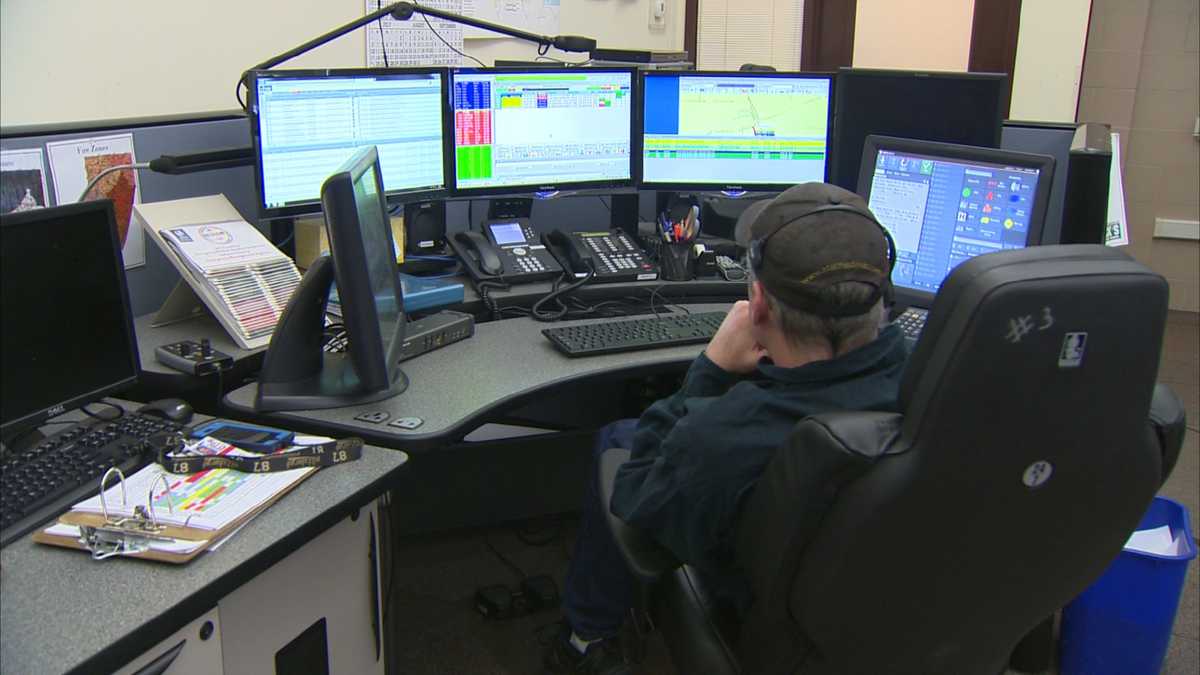It’s no secret that many people are struggling with their mental health at the moment, and the uncertainty created by the COVID-19 pandemic and its effects on people’s health, relationships, and jobs has not helped in the least. If you are the person your friends and relatives naturally turn to for support and advice, and you enjoy playing the role of carer and confidant, here are some career options which may well be right for you.
1. Mental Health Nurse Practitioner

A nurse practitioner is a highly trained nursing professional who works alongside doctors, registered nurses, and other healthcare providers both in primary care settings such as family medicine practices and in acute care settings such as hospitals. As part of their training, which consists of a master’s or doctoral program, nurse practitioners choose an area of specialism, and psychiatric and mental health care is an option in many programs. What sets nurse practitioners apart from other medical professionals is the emphasis that their profession places on holistic and preventative healthcare.
Training programs to become a nurse practitioner (the most popular format of which is a Master’s of Science in Nursing degree) usually take a couple of years to complete and include a mixture of academic learning and clinical placements, where you will be able to apply your learning to real-life healthcare situations and develop your professional skills. Many programs, such as the one run by the Wilkes Passan School of Nursing, allow you to complete all your classes and coursework remotely and will organize clinical placements in your area, which makes studying a lot more flexible if you have a part-time job or family members to look after.
As a psychiatric and mental health nurse, your role will be varied, and you will fulfill many of the functions we would normally associate with doctors. These include diagnosing and treating acute illness, providing counseling and psychotherapy, making referrals, and ordering diagnostic tests. The U.S. Bureau of Labor Statistics predicts that the number of jobs available to nurse practitioners, nurse anesthetists, and nurse midwives is going to grow by a staggering 45 percent in the next decade, so if you do decide to become a nurse practitioner, you are almost guaranteed to find a job!
2. Counselor
If you are interested in working with patients who are struggling with stress, difficult relationships, or non-severe mental illness, becoming a counselor might be the right career choice for you. ‘Counselor’ is a fairly wide-ranging term that describes several types of mental health professionals, some of whom choose to specialize in a particular field, such as school counseling or drug and alcohol counseling. What distinguishes a counselor from other mental health professionals is that counselors are trained to provide counseling, not psychotherapy, and are not authorized to prescribe medication. This is why patients with severe mental illness usually need the care of a psychiatrist or psychiatric and mental health nurse practitioners.
To become a counselor, you normally need a master’s degree in counseling or psychology. You will also need to complete a certain amount of hours of supervised clinical experience, which includes debriefing about your patients with a supervisor—a key part of the professional life of all counselors and psychotherapists. Depending on your state’s licensure requirements, you may be able to complete some of your supervised clinical experience as part of your degree; however, some states—such as California—require you to complete all of your supervised clinical experience after finishing your degree.
Counseling is a rewarding career that will see you make a difference in people’s wellbeing on a day-to-day basis. Choose a more generic field of practice if you prefer variety, or specialize in one area of counseling if you have a particular passion!
3. Non-profit worker
Although non-profit organizations often rely heavily on volunteers, this doesn’t mean that you can’t make a career out of working in them. Most non-profits, outside of the very smallest ones, will have paid directors and other employees working in many fields such as marketing, fundraising, outreach, and events organization.
To have a career in the non-profit sector, you don’t necessarily need educational qualifications in a particular area, although you will need professional qualifications to work in certain departments of a non-profit organization, such as accounting. What you do need is a passion for the particular cause the organization is working for. You also need good people skills, as non-profits use events and other forms of public outreach to raise funds. If you like being a ‘jack of all trades’, working for a smaller organization might suit you well, as you will probably be asked to take on a variety of tasks.
Working for a non-profit organization whose mission you believe in can be extremely fulfilling and rewarding. Just make sure to check that the organization operates in an ethical way, as there have been countless scandals involving non-profit organizations!
4. Emergency services dispatcher

Helping others does not necessarily have to mean being ‘on the front lines’. If you are the kind of person who prefers to operate in the background and can keep a level head in a crisis, then you might make an excellent emergency services dispatcher. These are the people who answer 911 calls and ask for details of the emergency in order to send in the most appropriate form of help, such as a fire engine, an ambulance, or a police vehicle.
If you get hired as an emergency services dispatcher, you will receive on-the-job training, which will cover all aspects of the job, including effective communication with callers, interpersonal skills, legal issues, and stress management. Although this may seem like an easy job, it requires great levels of empathy, self-control, and quick thinking. You may be required to stay on the line for a significant amount of time and instruct the caller on life-saving procedures such as how to perform CPR, so only apply for an emergency services dispatcher job if you genuinely think you will be up to the task!
























































